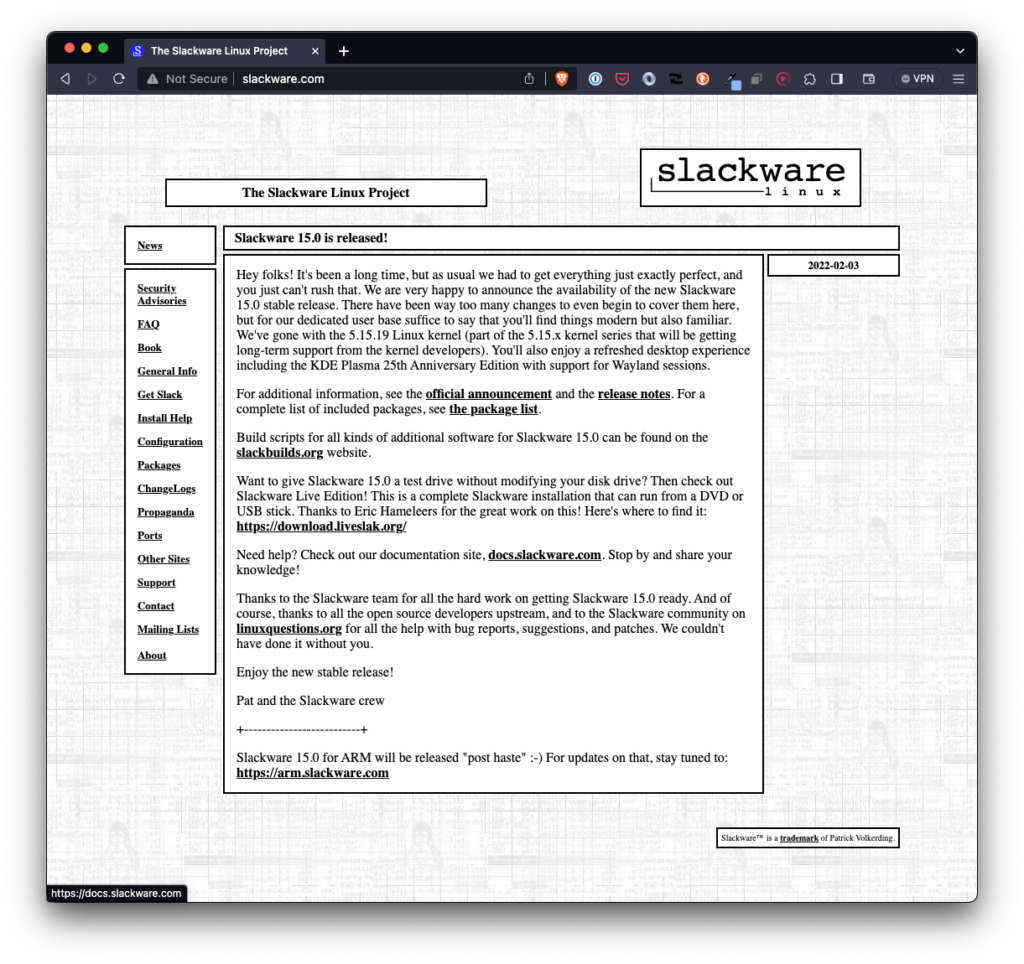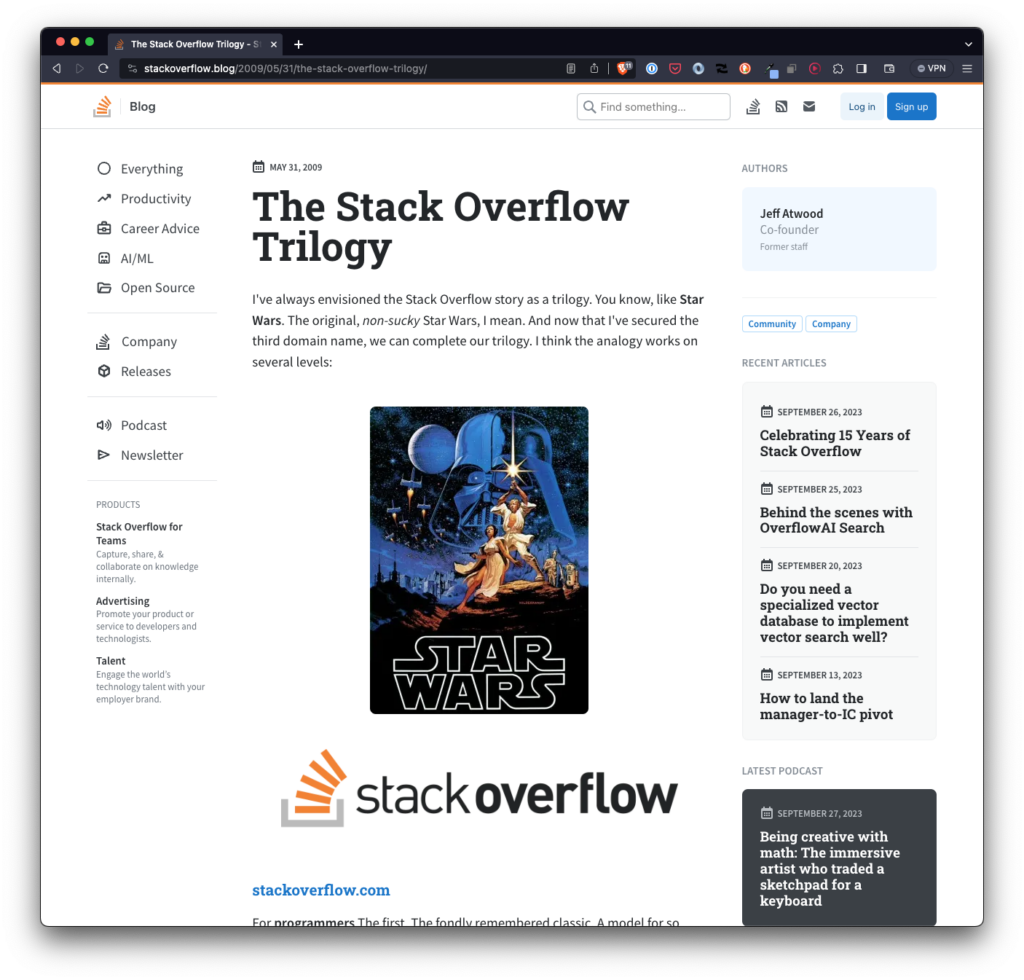Site analytics are funny things regardless of how you use them (that is, through marketing, engagement, content, and so on). I say this because analytics give us information about:
- how long people are reading our content (per article, even),
- how many people are reading what we write,
- how much people are reading what we write,
- how often people are returning to read what we write,
And all of this coalesces into informing the things about which we write and how we write about it. At least, this is my experience.

Despite having all of this analytical information available, AI is changing the type of content we publish.
For technical writers specifically, this should give us pause on if there’s not a slightly wider range of related topics about which we can write that continue to contribute to the field in which we work.
Technical Articles in the Era of AI
As far as analytics, SEO, AI, and all of the other related technologies to blogging are concerned, I still hold to the mantra I’ve had for over a decade:
Write what you want on a given topic and don’t over think it.
This has proven the most useful and has transcended whatever changes have happened within the industry.
I primarily write because I enjoy the process, but it’s afforded opportunities that wouldn’t otherwise be available (the least of which isn’t developing solid friendships with people I’ve met in conferences or online).
Even still, I – like anyone else who’s maintained a site for a reasonable amount of time – still pay attention to some level of information analytics provide.
On Analytics
I rarely do a legitimate deep dive on the analytics of my site. Generally, I like to see:
- the number of visitors over time,
- how much time they are spending on the site or on each article,
- and the bounce rate.
I’ve developed this habit in part because I’ve been writing technical content for so long it’s of some interest to see if people are [still] paying attention to it. But, as the advent of AI (see this post) has hit the mainstream of this industry, there’s been a change in how we all look up technical content.
And where analytics may have been useful for a very long time, there’s now another dimension to the field.
On AI
Given blogs and technical articles have helped train the LLMs we’ve so quickly adopted, it raises questions.
Is it useful to continue writing technical articles?
- If the content we wrote helped train the LLMs then are new articles also continue to add to the data set the LLMs are using?
- If more and more developers – myself included – are going to an LLM to help solve problems first (versus a search engine), how much less valuable are other sites and blogs becoming?
I still think there is value in treating a blog like a public notebook of sorts even if it’s just for personal reasons.
If not, then what else is there for technical writers to publish?
- I don’t think there’s any shortage of content engineers have to write because so much of our job is more than just development, architecture, and so on.
- The amount of things tangentially related or even adjacent to our work provide plenty of content that’s useful for other people to read (take articles like this and or this, for example).
- As the technical aspect of our jobs may be enhanced – or substitute whatever word you’d like – by AI, there is still a human factor.
Clearly stated: As long as a human experience exists as something unique, it has potential to be an article that cannot be wholly generated through the statistical probability of words assembled through generative AI. (Though I’d be foolish to say that it can be a challenge to discern the difference between what a person has written and what has been generated.)

Though it may be easier to refer to ChatGPT for a technical question rather than a blog, that doesn’t mean a developer has nothing about which to write in relation to the field. For example, just as I could write about my day-to-day in working from home as a father of three an trying to maintain a schedule for reading, writing, exercising, music, work, and continued growth in what I do for a living, so can any one else. (Or so should everyone else?)
Software Developers Should Expand Topics
Ultimately, the way our work is altered through the advent of AI is undeniable. And though it may mean there are some changes in how we get our work done, it also informs how we can continue to contribute content related to what we do in our day-to-day. (This is something I used to do way back when, too.)
In other words, looking up how to properly sanitize data before it enters a database is going to be something the current – and the next – generation will ask an LLM. But looking up how to be productive as a remote engineer living in rural Georgia in a family of five, three of which are kids, is something AI cannot answer.
And perhaps that’s an area in which we could easily – and should – expand our content



